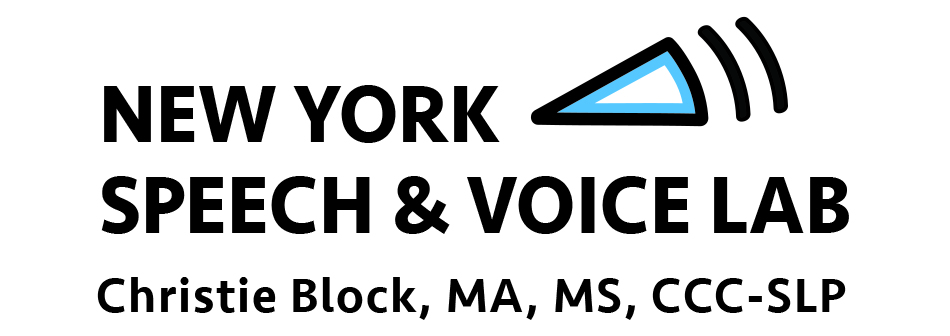Neurological disorders
People who have suffered a stroke or head injury, or who have neurological degenerative diseases such as Multiple Sclerosis or Parkinson’s Disease can experience voice, speech, language, or swallowing difficulty in addition to multiple other symptoms. Deficits may include:
A weak voice
Monotone voice
Strained voice
Reduced loudness level
Slurred speech
Abnormally slow or fast speech rate
Word errors or deletions
Grammar errors
Difficulty finding words or vocabulary
Difficulty putting words together to form sentences
Coughing when eating or drinking
Food feeling stuck in your throat
With a perceptual-acoustic speech-voice-language evaluation, I can identify your speech, voice, and language limitations, and determine how they impact your speech intelligibility in order to help you rebuild skills for increased communicative success in your daily life. I am also a certified provider of the Lee Silverman Voice Treatment (LSVT) program, designed to help people with Parkinson’s Disease. You may be a candidate for the LSVT intensive program, or a modified program.
Please refer to the swallowing disorders page of this website for more information on swallowing testing and treatment.
Quick tips
Consider whether your problems are related to clear speech vs. thinking of what to say or both. Dysarthria is a speech disorder, which can involve deficits in vocal quality, breath control, loudness level, and/or articulation. Aphasia is a language disorder, which can involve difficulty finding words, putting words together, or understanding the words and sentences that other people say.
Speaking more slowly can help your oral muscles keep up with your thoughts and give you time to monitor yourself as you speak.
Your speech and voice skills can fluctuate with your general health. Keeping track of that may help you get a clearer picture of your challenges.
Ask someone close to you for feedback on your speaking skills.
